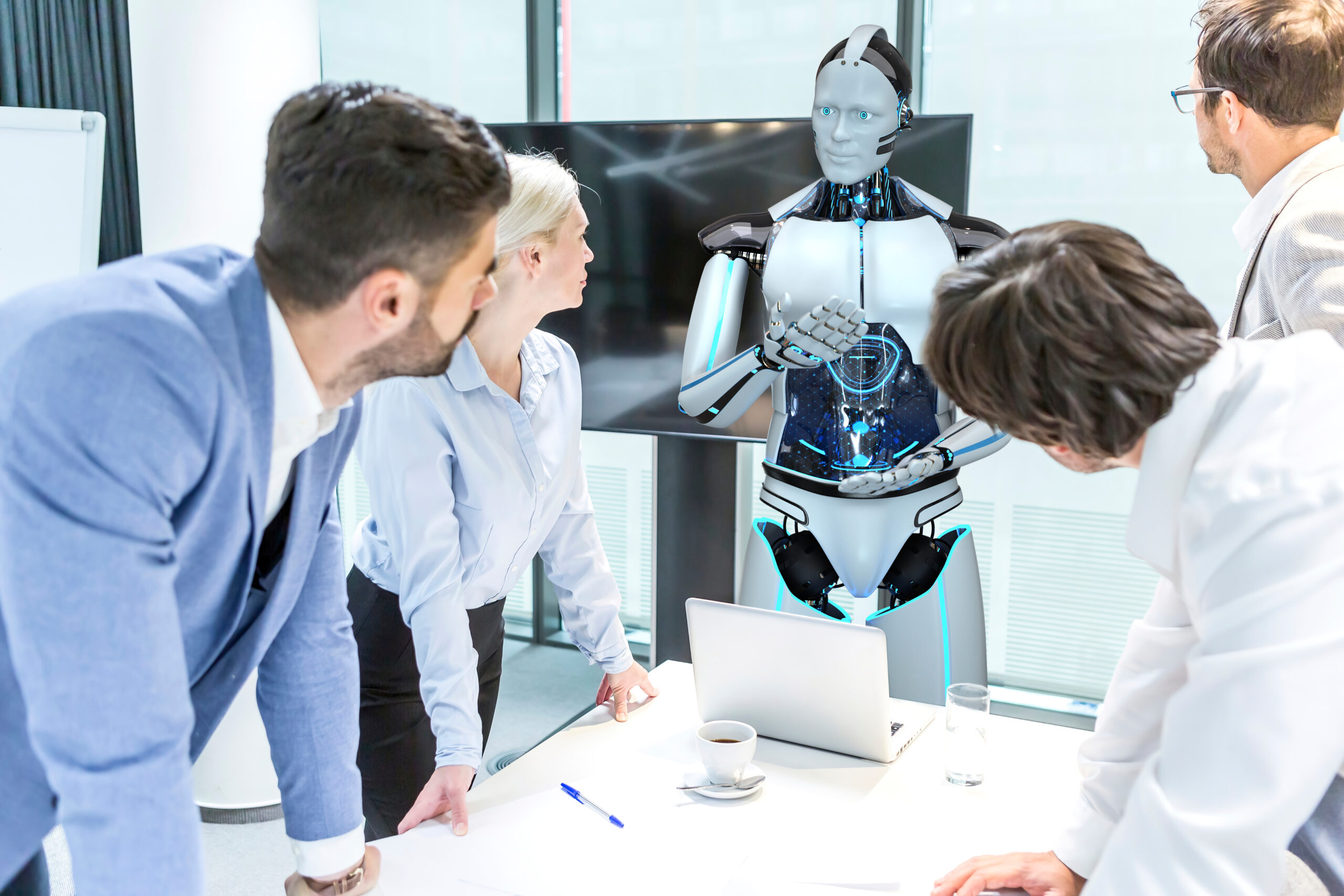
Overview
The rapid evolution of artificial intelligence (AI) promises to revolutionize many aspects of our lives, particularly in relation to our workplaces. These changes are aimed at providing increased productivity, higher accuracy, and smarter working environments. However, distinguishing between reality and aspirational hype can often be challenging. How do these technological advancements impact the management of workforces? And what role do data science and AI play in workforce development, evaluation, and retention?
Implications of AI on Workforce Management
While it’s easy to get caught up in the buzz surrounding AI and data science, their genuine impact on HR and workforce management cannot be overlooked. These emerging technologies offer the potential for significant changes in the ways companies develop and manage their talent.
The Role of AI and Data Science in Human Resources
AI and data science are already contributing to a number of improvements in HR practices. These technologies offer powerful capabilities for data analysis, enabling HR teams to carry out employee evaluations and performance management on a more comprehensive scale.
Workforce Development
In order for companies to stay competitive, workforce development is crucial. Leveraging AI and data science can help organizations predict necessary job skills and provide tailor training programs. This personalized approach to workforce development can help individuals progress faster and adapt more efficiently to new roles.
Employee Evaluation
Data science and AI can streamline the evaluation process by allowing HR managers to obtain a more holistic view of employee performance. Instead of relying solely on annual performance reviews, AI can analyze a multitude of factors continuously, providing real-time feedback that benefits both the employee and the organization.
Retention Strategies
The ability to predict turnover rates and understand the reasons behind employees leaving can save companies significant resources. Data science and AI can assist in identifying patterns and trends, giving HR teams an advantage in building successful retention strategies.
Future Developments and Long-Term Implications
As technology continues to advance, we can expect to see an even greater impact of AI and data science on workforce management. Increased efficiency, personalized training, real-time evaluations, and predictive modeling for retention are only the beginning.
Actionable Insights
- Invest in technology: Companies should evaluate their current HR practices and assess whether integrating AI and data science could deliver tangible benefits.
- Continuous learning and training: Encourage employees to stay updated with advancements in technology. Offering ongoing training can make a crucial difference in how effectively your team adapts to AI integration.
- Tap into data insights: Make use of the quantities of data available to drive decision-making, from hiring practices to retention strategies.
In conclusion, while there is certainly much hype surrounding AI and data science, their potential for positive impact on workforce management is real. By effectively leveraging these technologies, organizations can attain significant benefits in terms of productivity, accuracy, and overall organisational efficiency.
